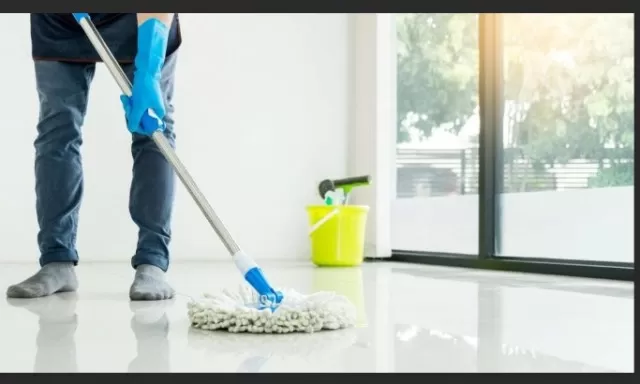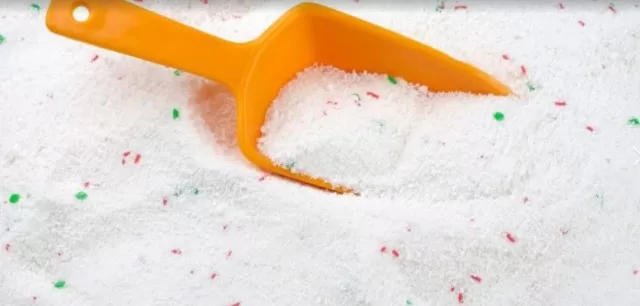15 Cleaners That Can Be Harmful (Part 1).While these reliable cleaning products excel at eliminating stains, dirt, and germs, it’s essential to be aware of their potential adverse effects on both your home and your health when overused. Over-reliance on strong cleaning agents can lead to several issuesTo strike a balance between cleanliness and safety, consider using milder, eco-friendly cleaning products whenever possible. Additionally, adopt proper ventilation when cleaning with strong chemicals and avoid excessive use. Regular cleaning routines that incorporate less aggressive cleaning agents can help maintain both your house and your health in the long run.
Navigating the Downsides of Cleaning

Cleaning the house might not be everyone’s favorite task, but it’s a necessary one.
However, in our quest for cleanliness, we often turn to cleaning products that can have adverse effects on both our homes and our health. To ensure a safer and cleaner living environment, it’s crucial to use cleaning products responsibly and in moderation.
Pay extra attention when handling these 15 cleaners, as they have the potential to cause the most harm.
Air Fresheners: Fragrance with a Cautionary Note
In the pursuit of a pleasant-smelling home, it’s important to exercise caution, even with products labeled as “fragrance-free” or “unscented.
” Many commercial air fresheners and so-called fragrance-free cleaners still contain chemicals known as phthalates. These synthetic esters, often used to enhance plastics, are present in a wide range of household items. Unfortunately, phthalates carry potential health risks and are classified as “probable carcinogens” by both the EPA and the Department of Health and Human Services. They have also been associated with various health concerns, including damage to the liver, kidneys, lungs, and reproductive system.
While research on essential oils is somewhat limited, these naturally occurring aromatic compounds present a safer alternative for maintaining a fresh and healthy home environment.
By opting for essential oils, you can enjoy pleasant scents without the potential health hazards associated with phthalates, ensuring your home stays both fragrant and safe.
Vinegar: A Natural Cleaning Solution with Caveats

Vinegar has gained popularity as a cleaning solution due to its cost-effectiveness and natural properties.
However, it’s essential to recognize that being all-natural doesn’t equate to being without potential issues. Vinegar’s high acidity can pose a risk to several surfaces in your home.
Notably, it can permanently dull the appearance of stone countertops, such as marble or limestone, and harm the finish on hardwood floors.
Before employing vinegar as a cleaning agent on various household surfaces, it’s crucial to conduct thorough research.
Ensure that the areas you intend to clean can withstand the effects of this cleanser, as vinegar’s benefits must be balanced against its potential drawbacks to preserve the integrity and aesthetics of your home.
Bleach and Ammonia: A Lethal Combination
Bleach and ammonia have traditionally been staples in the realm of household cleaning.
Bleach is frequently employed to eliminate stains on surfaces and brighten laundry, while ammonia finds its place in cleaning bathrooms and kitchens. However, it’s crucial to understand that when used separately, both bleach and ammonia can pose risks. They can emit fumes that irritate the eyes and respiratory system.
The most critical caution here is to never, under any circumstances, mix bleach and ammonia together.
When combined, these two common household cleaners produce chlorine gas, a highly toxic and potentially lethal substance. It’s a bottom-line rule with no exceptions: always keep bleach and ammonia far apart, as their mixture can have severe health consequences.
Silica-Based Powdered Cleansers: Effective but Handle with Care

Powdered cleansers are a popular choice for tackling tough cleaning tasks, thanks to their abrasive properties that excel at scrubbing away dirt and grime.
However, it’s essential to exercise caution, particularly when dealing with silica-based cleansers like Comet or Ajax. These products, while effective, have the potential to scratch porcelain surfaces.
Therefore, it’s crucial to use them judiciously and selectively in your cleaning routine.
For a more versatile and gentle option, consider nonabrasive powdered cleansers like Bon Ami.
Bon Ami is made from crushed feldspar and is renowned for its effectiveness without posing a risk to surfaces. It’s a safer choice that allows you to clean a wide range of surfaces without the worry of accidental damage, ensuring your cleaning efforts are both efficient and surface-friendly.
*The information is for reference only.